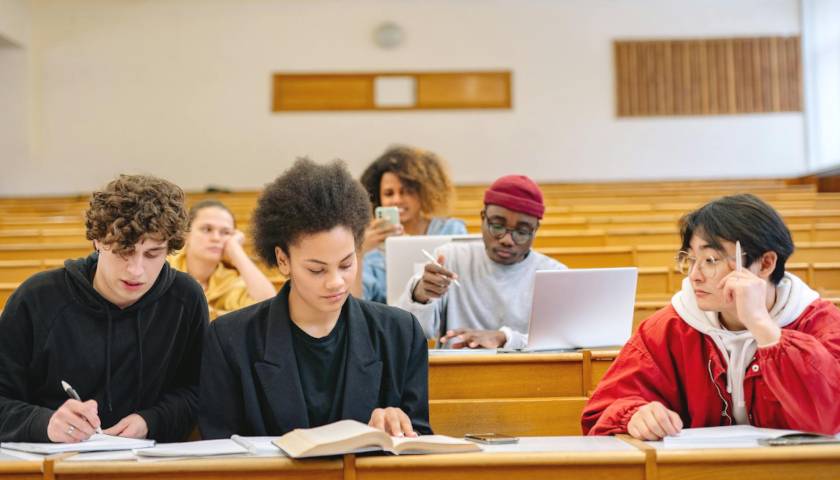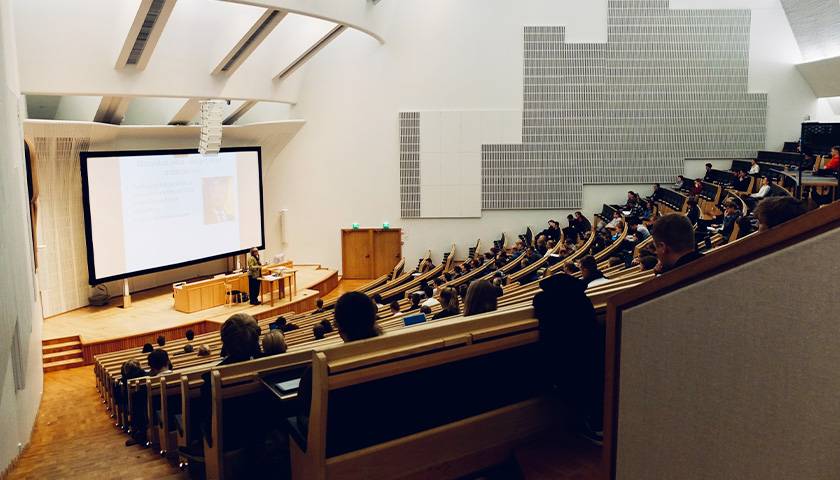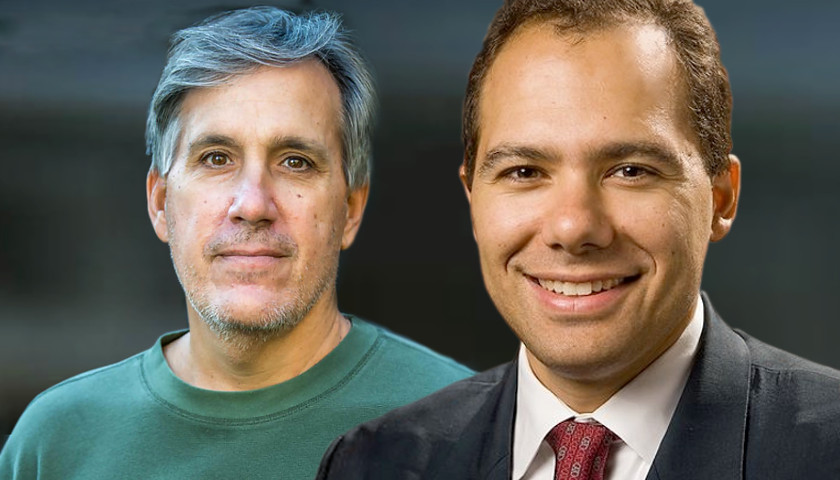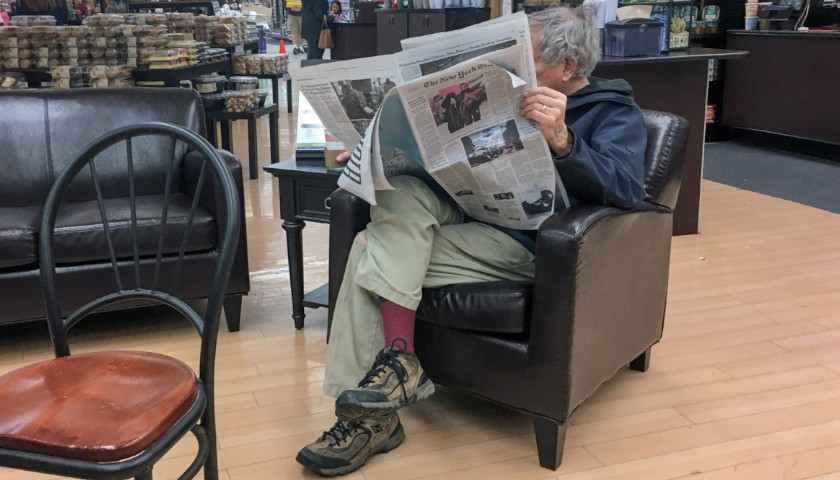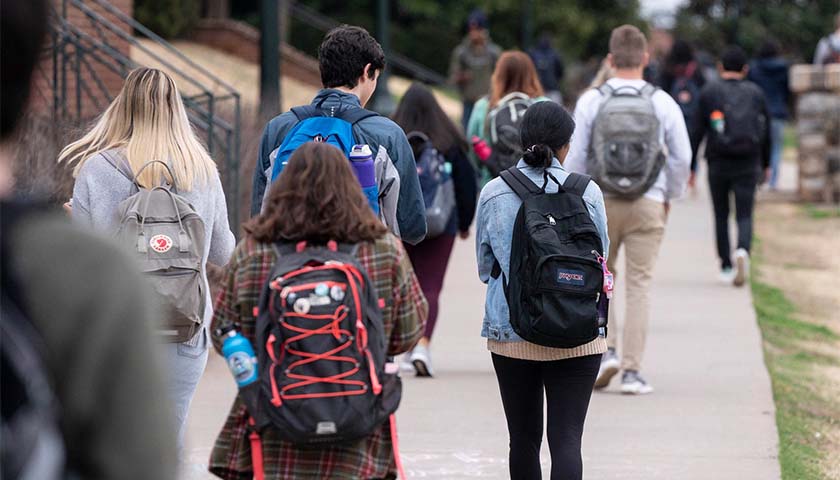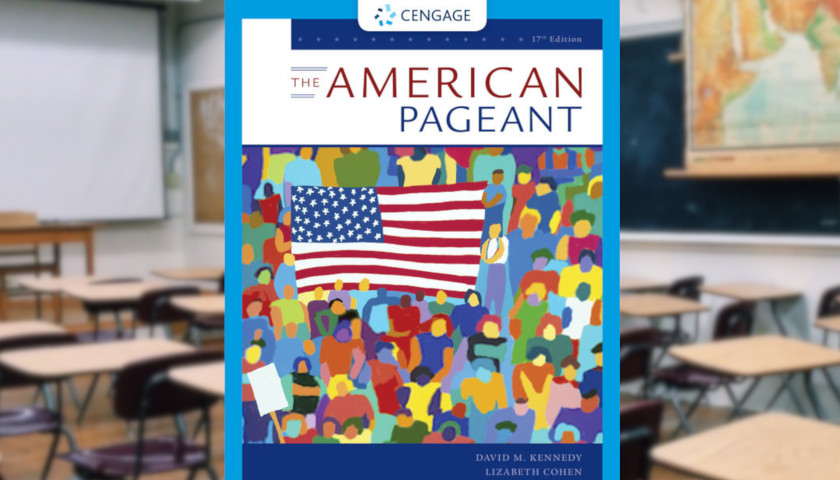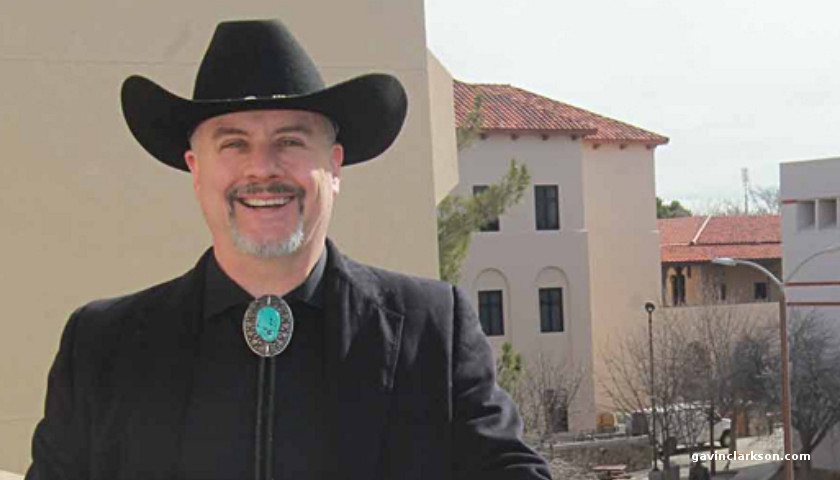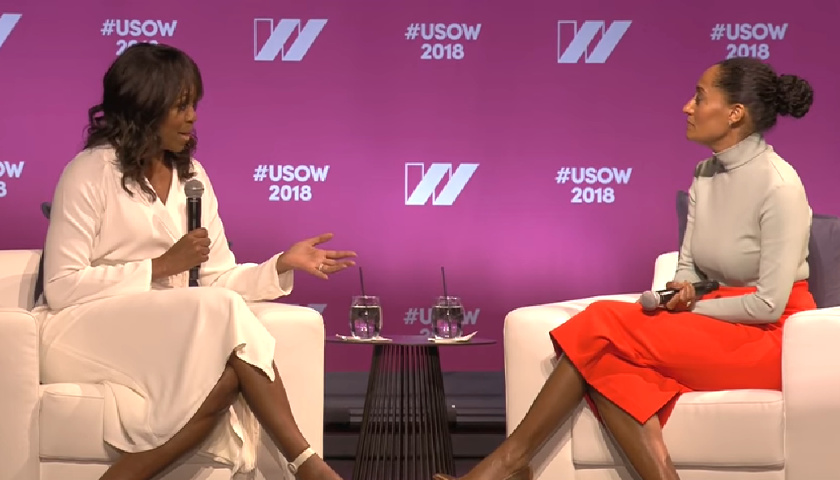Lawmakers have threatened to revoke the appropriations for a federally-funded scholarship program that an audit found favors liberally leaning students over conservatives by a ratio of 10 to 1.
The Harry S. Truman Scholarship Foundation was established in the 1970s to award scholarships to students who “demonstrate outstanding potential for and who plan to pursue a career in public service.”
Read More
